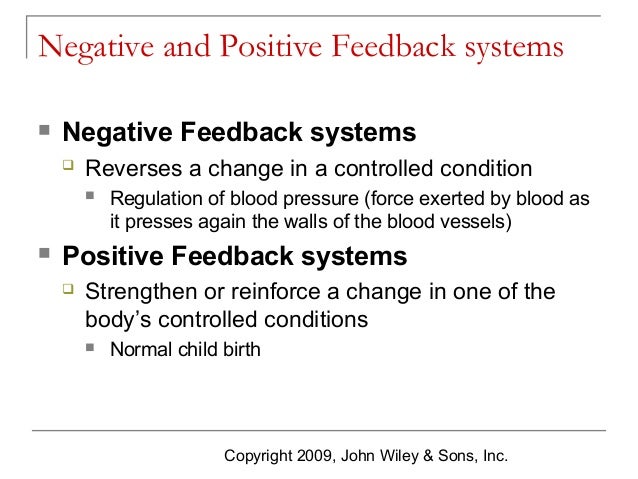

Complex Problems Demand Parallel, Iterative SolutionsĪnother aspect of systems thinking is tackling complexity within a system. There is often no one right answer and no one right approach to solving a system’s problems.

Simple, easy solutions are inadequate for solving problems within a ‘system’. This is definitely true as problems grow to global proportions. Think about greenhouse gas (GHG) emissions and their effect on global temperature rises. Every country needs to work towards the reduction of GHGs in its purview but no one country can make a difference unless all (or the majority of polluting countries) work toward the same goal.

It is important to understand a concept of systems thinking as it applies to planetary climate change. That concept is ‘feedback loops’. Systems thinking is an analytical approach to understanding complex problems within a defined system (e.g., the federal government, a city, a corporation, a family unit) where interactions within the system are relationship-based, interdependent, complex and varied in both cause and effect.


 0 kommentar(er)
0 kommentar(er)
